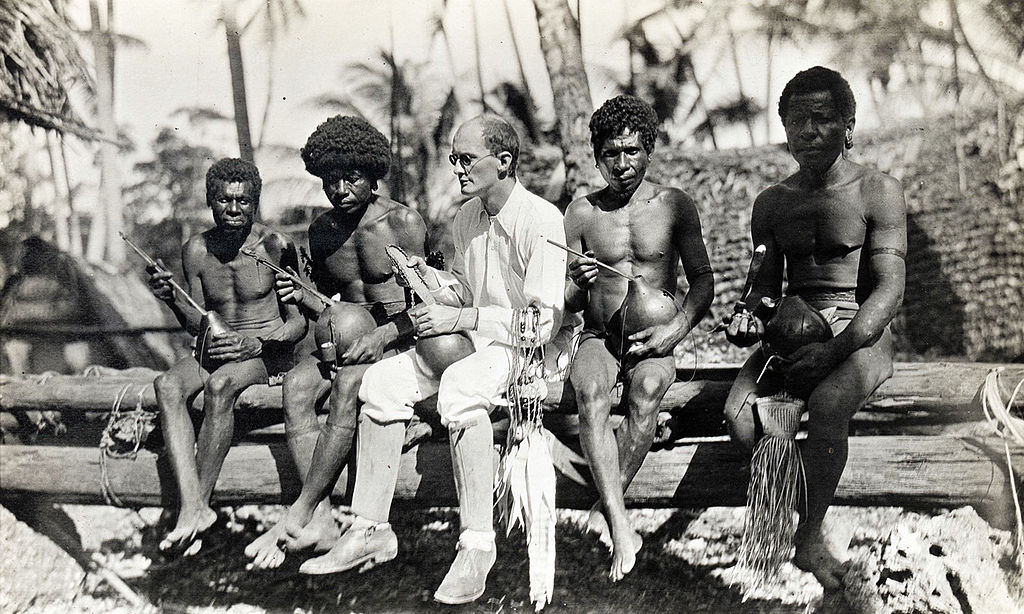When it comes to Internet Drama, nothing beats the paper letter. Anthropology’s founders did not lead isolated lives. “American cultural anthropology” corresponded with “British social anthropology” and the “Année Sociologique” all the time. I’ve blogged before about Marcel Mauss talking trash about Malinowski with Radcliffe-Brown. But for pure in-your face, the winner has got to be Robert Lowie’s response to A.R. Radcliffe-Brown.
Tag Archives: CAT
Great anthropologists who fought fascism
Some of you who — unlike me — have not had family members murdered by nazis or had every synagogue in their home town firebombed in the same night may now be learning about antifa for the first time. But although it’s making waves in the media now, antifascist action has a century-long history which includes many anthropologists, who have fought fascism not by writing letters to the New York Times or retweeting an animated .gif but by putting their lives on the line.
As histories of antifascist action document, antifa is a fundamentally illiberal political movement which seeks to oppose fascism by any means necessary — including violence. For this reason, I can’t stress enough that I am opposed to antifa in the United States at the moment because I am opposed to violence, which is both against my values and tactically and strategically against our interests at this point in time given the mood of the country. But in different times and different places the threat of fascism was so dire that violent resistance was necessary. And in those moments, anthropologists acted bravely and with honor. Continue reading
Clifford Geertz: Ethnographer?
Why was Clifford Geertz such a popular anthropologist? Because he connected anthropology and the humanities? Because he was a great writer? One answer that often comes up is that he was a great ethnographer. I mean, he actually did ethnography. Negara (1980) was a historical anthropology of power that appeared just in time for 1980s-era historical anthropology. Meaning and Order in Moroccan Society (1978) is a massive tome. Kinship in Bali (1975) was technical and dense, hardly the lackadaisical em-dash filled slackfest some people accused Geertz’s writing of being. Peddlers and Princes and Agricultural Involution (both 1963) are vintage New Nations ethnographies. Religion of Java (1960) seems to rise above its Parsonian roots.
But what does it mean to be a great ethnographer? Continue reading
Bronislaw Malinowski: Don’t Let The Cosplay Fool You
If there’s one picture that epitomizes White Guys Doing Research, it’s this one:
 The canonical author of the canonical book, naked black people, white guy in white clothes being White — for a lot of people, it’s totally crazy-making. But in many ways, Malinowski was far more more complicated than we given him credit for. There are many people who deserve more criticism for their role in colonialism than Malinowski (just wait for my blog post on Julian Steward). This is not to absolve Malinowski of whatever sins he committed. Rather, it’s just to ask that we remember what he actually did rather than project sins onto him.
The canonical author of the canonical book, naked black people, white guy in white clothes being White — for a lot of people, it’s totally crazy-making. But in many ways, Malinowski was far more more complicated than we given him credit for. There are many people who deserve more criticism for their role in colonialism than Malinowski (just wait for my blog post on Julian Steward). This is not to absolve Malinowski of whatever sins he committed. Rather, it’s just to ask that we remember what he actually did rather than project sins onto him.